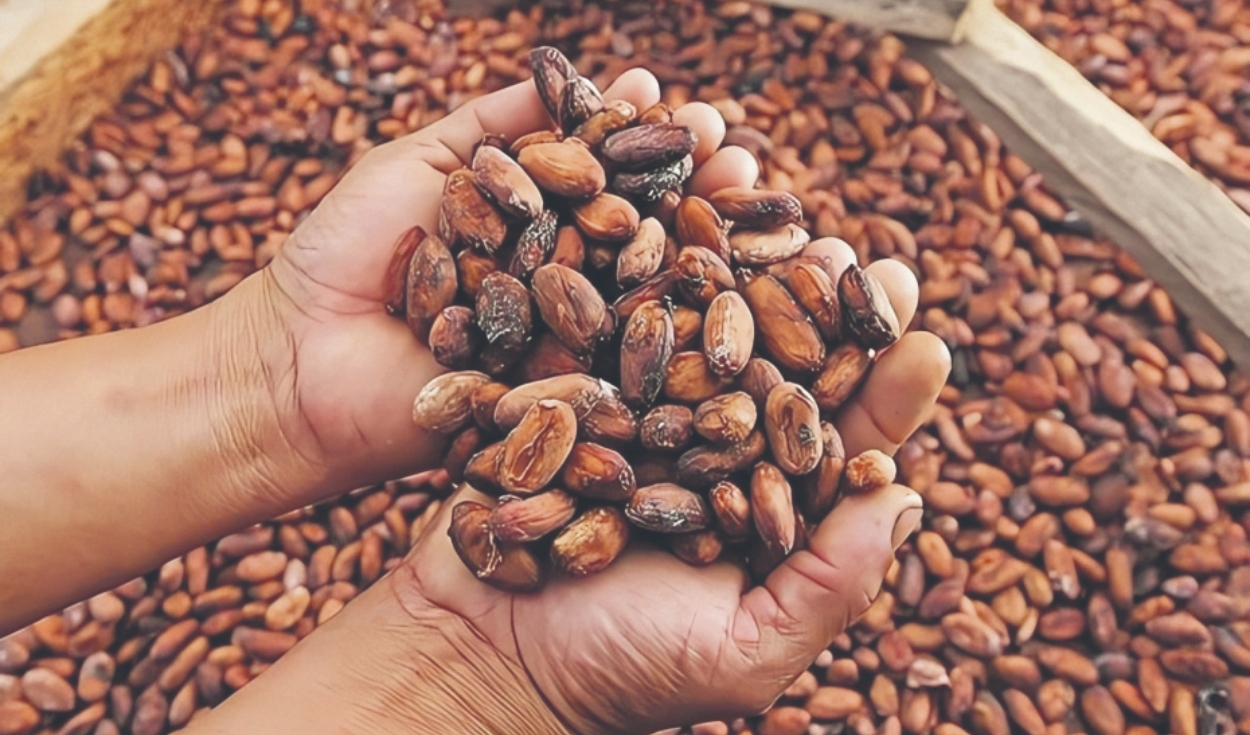
The new trade policies promoted by the Government of President Javier Milei in Argentina have represented a true before and after for the Peruvian non-traditional offer to that country, according to a report by the Foreign Trade Society – Comex Peru.
According to the exporting union, the implementation of the Statistical Import System (SEDI) and the suspension for 120 days of the collection of Income Tax and VAT for a list of 3,564 items will multiply the shipment of Peruvian products that, normally, are not They target that market: fresh oranges, canned tuna, detergents, shampoos and toothpaste, among others.
In addition, the report highlights how the Central Bank of the Argentine Republic (BCRA) – in the process of disappearing, according to Milei – presented a 30-day payment scheme for this universe of imported products. Before that, payment was governed in installments of 4 installments and up to 120 days, a total journey.
“Although these commercial tools are authorized by the World Trade Organization (WTO), inappropriate use generates commercial protection for particular economic sectors,” said Comex.
Cocoa, avocado and squid
Comex highlights that this opening of the Argentine Government will also allow it to recover the lost ground in 2023. According to Sunat figures, Peruvian non-traditional exports to Argentina fell -9.4% compared to 2022.
Of the US$173 million that were generated in shipments during that year, cocoa powder recorded significant year-on-year progress of 23.4%, after adding a total of US$4.8 million.
However, shipments of fresh avocados weighed down, for US$520,728 (-7.7%); frozen squid and squid, for US$88,200 (-84.8%); and toilet paper, for US$148,574 (-45.7%). For the union, the new commercial situation offers the possibility of improving the participation of some products on the list in said market.
Finally, the document highlights that Peru has Economic Complementation Agreement No. 58 (ACE 58) with Mercosur, of which Argentina is a part, “so all our products have 100% tariff preferences,” that is, no They pay tariff at destination. A situation that would ensure competitive prices.
Opportunity for Peruvian oranges
According to the International Trade Center (ITC), Argentina’s international purchases of cocoa powder reached US$61.7 million in 2023, an increase of 15.9% compared to 2022.
That same year, it bought fresh oranges from the world for US$2.9 million (+104%); canned tuna for US$86.7 million; and detergent for US$105 million.
Depending on the product, the process in the already modified Import System of the Argentine Republic (SIRA) could take between 10 and 60 days. All that changed last December.
Non-traditional shipments from Peru to Argentina fell -9.4% in 2023, according to Sunat.
Source: Larepublica
Alia is a professional author and journalist, working at 247 news agency. She writes on various topics from economy news to general interest pieces, providing readers with relevant and informative content. With years of experience, she brings a unique perspective and in-depth analysis to her work.











